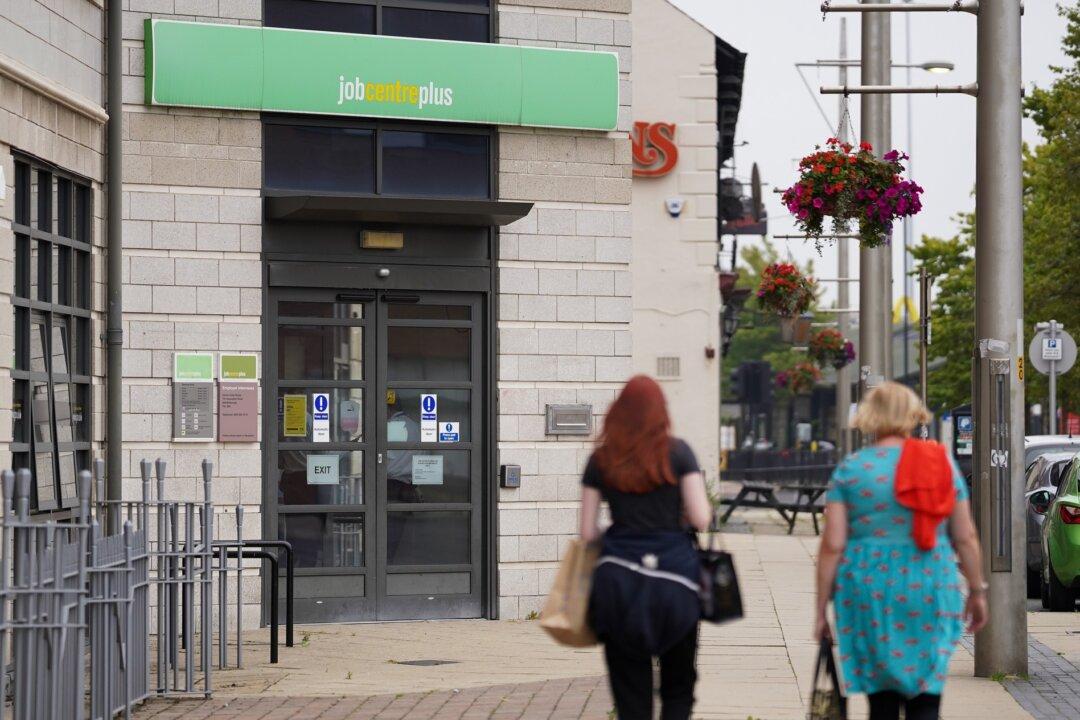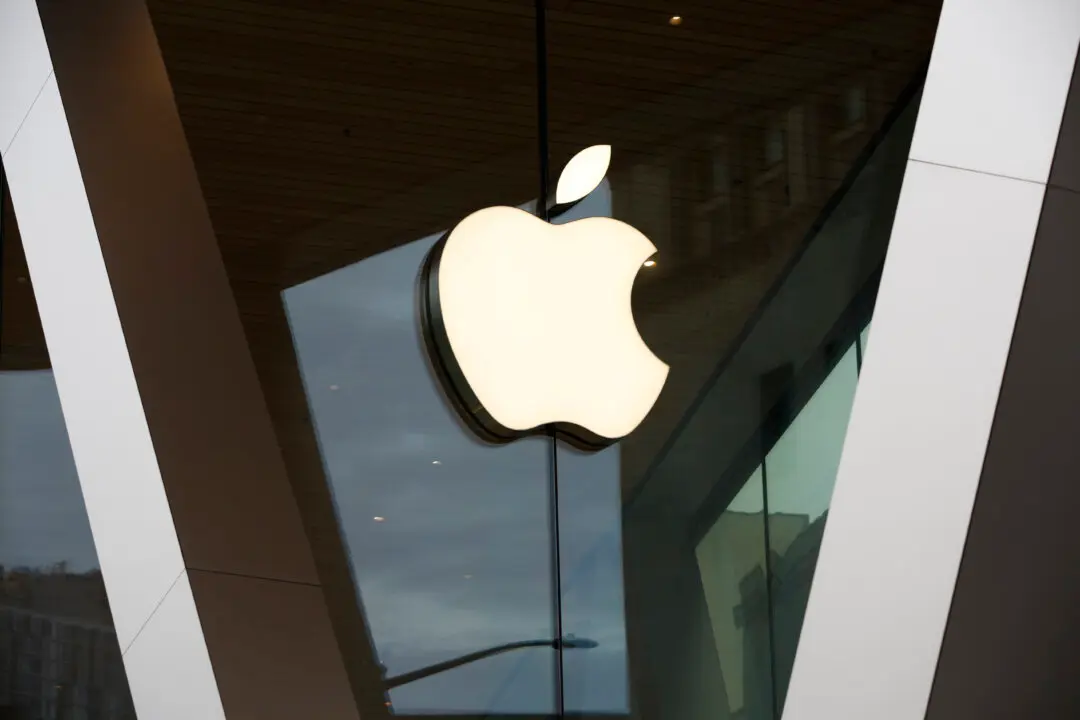Regular pay in Britain surged by 7.8 percent in the highest annual growth rate since comparable records began in 2001.
The Office of National Statistics (ONS) published the new data in its August labour market overview. The findings recorded annual growth in basic pay, which excludes bonuses, as well as total pay, at 8.2 percent (including bonuses), in the period from April to June 2023.





